Programs
Research has shown that 80% of the child’s mental development happens up to the age of 5 years. Therefore, these formative years in the child’s life are much more than just ‘child’s play’.

IK (Playgroup)
Every kid starts observing the surrounding when he/she starts interacting. This observation plays a vital role in the kid’s overall development. Hence, our playgroup program is designed in such a way that it will nurture social, lingual and motor skills in toddlers in our perfect environment.
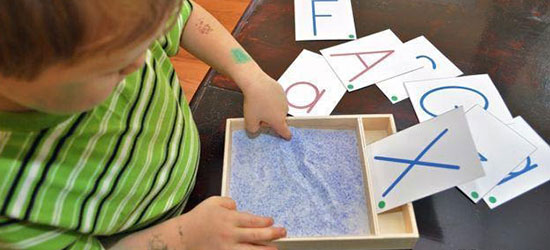
IK-I (Nursery)
Preliminary education plays the most important role in children’s development. Our Nursery program assists children to gain reading, writing and listening skills with the help of various activities like classroom teaching, dramas, sports and cultural activities.
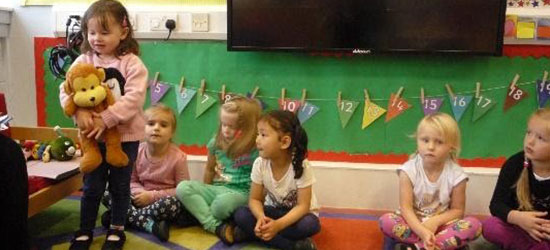
IK-II (Junior KG/L.KG)
Our curriculum for IK II is designed to enhance every kid’s intellectual capability along with academic capability. We focus on developing the lingual skill by renowned phonics methods and public speaking activities.
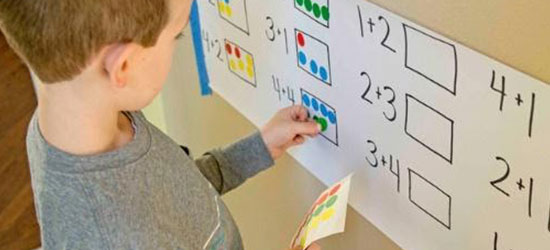
IK-III (Senior KG/U.KG)
The crucial stage before stepping into primary education where all your fundamentals are established. We have developed a great comprehensive curriculum to assist the kids in preparing them academically, emotionally and socially. Our kids acquire good lingual proficiency as we organize various activities for them.

Activity Club
We have a great activity centre to uplift and build the essential life skills among our children. We encourage every student to participate in all activities organised by us.
Excel In Math With Cuemath Method
Cuemath method empowers children to learn math by reasoning and visualization instead of memorizing Students are taught the ‘why’ behind the ‘what’ of math concepts.
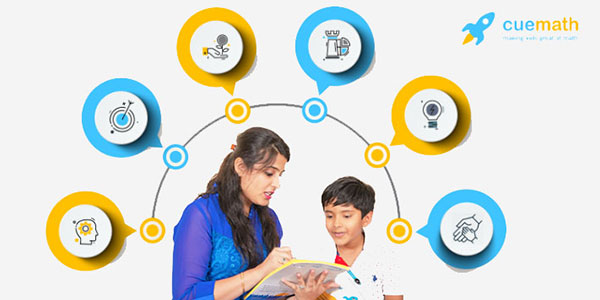
Jolly Phonics
Jolly Phonics is a comprehensive programme, based on the proven, fun and muliti-sensory synthetic phonics method that gets children reading and writing from an early age. This means that we teach letter sounds as opposed to the alphabet. These 42 letter sounds are phonic building blocks that children, with the right tools, use to decode the English language. When reading a word, they recognise the letters and blend together the respective sounds; when writing a word they identify the sounds and write down the corresponding letters. These skills are called blending and segmenting.
These are two of the five skills that children need to master phonics:
1) Learning the letter sounds
2) Learning letter formation
3) Blending
4) Segmenting
5) Tricky words


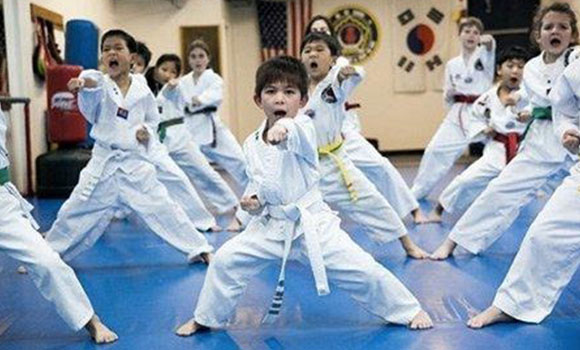
DAYCARE
The most important facility for all working parents. Often times, if children are left with the helper, their intellectual capability doesn’t grow up to Mark. A helper can just feed the kid, and the overall growth of kid will suffer. Here our Daycare facility comes to help working parents to ensure proper security and valuable growth in Children.
When you walk into our Daycare classroom, you see children and adults working together in a productive surrounding. The children are constructively engaged and facilitators are observing and challenging the children.
What Does Our Daycare offers?
Creating an Environment to Increase Learning.
The environment supports all this by assuming several of the responsibilities we typically associate with facilitators. It helps the children interact, learn, and avoid unproductive activities, such as running and getting in each other’s way. Thus, the environment actually becomes another teacher in the classroom. Most importantly to create an environment filled with fun, love and care for the children to feel all the comfort with guided learning.
Four major elements to consider when creating such an environment are:
1. The wellbeing of those in the classroom (safety)
2. The perspectives of those who will use the environment (culture)
3. How the space accommodates appropriate activities (zoning)
4. How the materials present should encourage learning (set-up)
Careful attention to these elements reduces how much time the teachers spend maintaining safety and order. This frees up time for higher levels of teaching, which ultimately increases learning.
